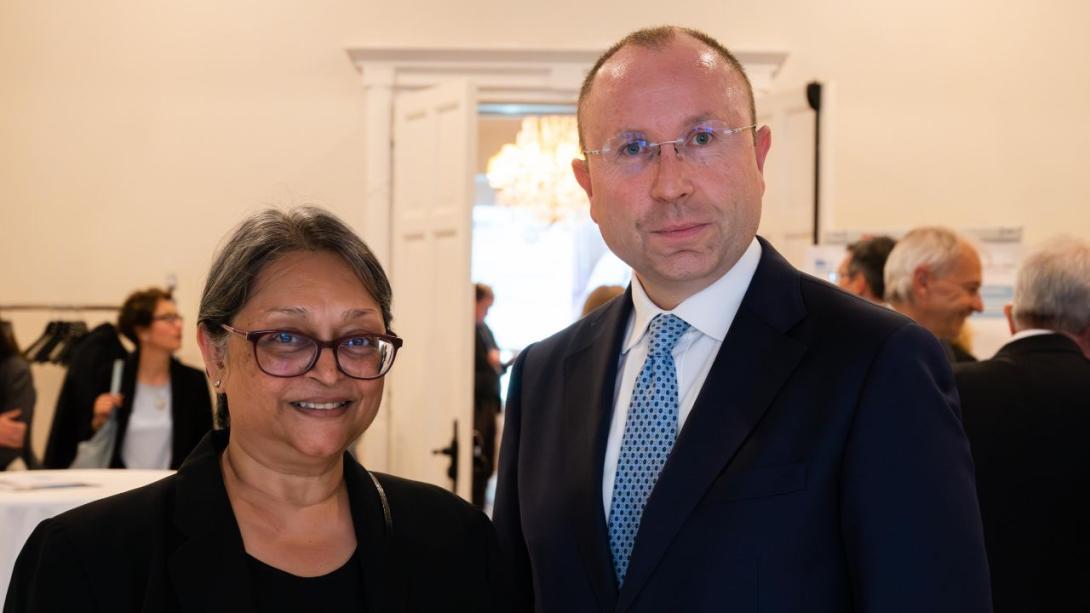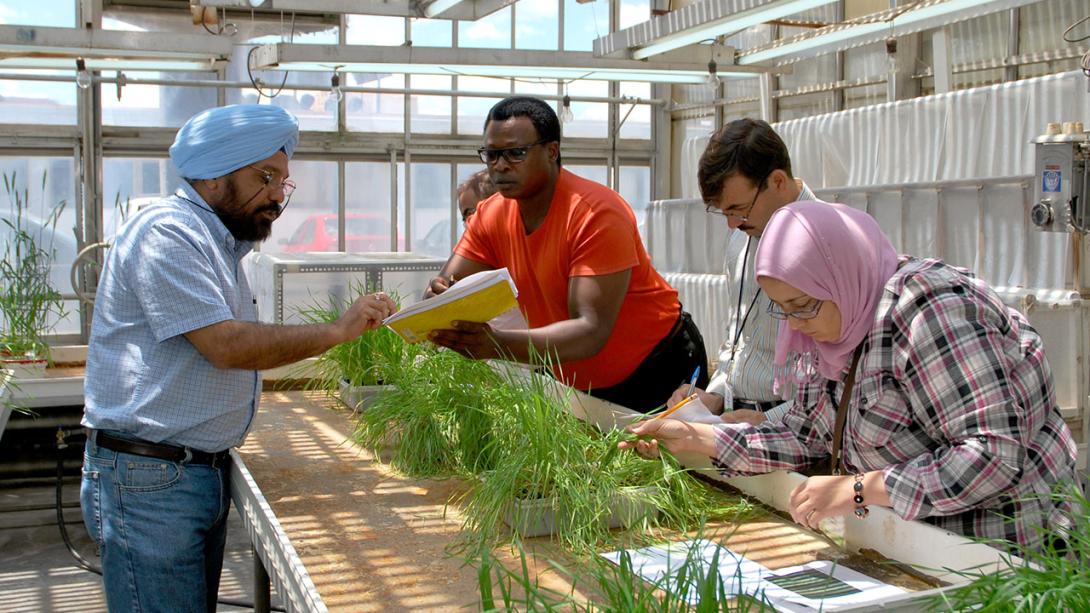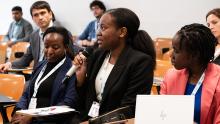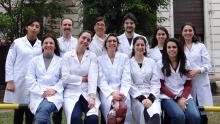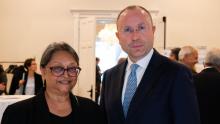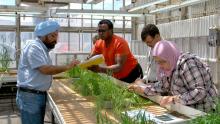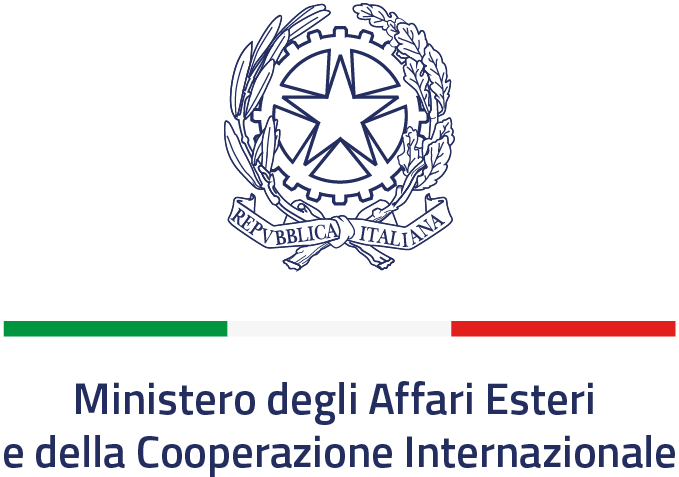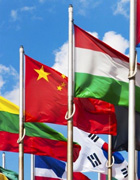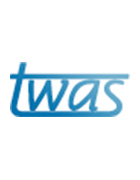Opportunities
PhD and postdoctoral research fellowships are crucial for building scientific strength in developing countries
Funding helps researchers in the developing world to purchase lab equipment and supplies
Share your projects and your expertise in developing nations as a visiting researcher or professor
TWAS honours are among the most prestigious given for research in the developing world
Grants support high-level international and regional scientific meetings in developing countries
Deadlines
Award and Medal
TWAS-Mohammad A. Hamdan Award
Award and Medal
TWAS-CAS Young Scientists Award for Frontier Science
Homepage Box
TWAS Network
TWAS is the hub for a global network of scientists and organizations working to advance science in the developing world
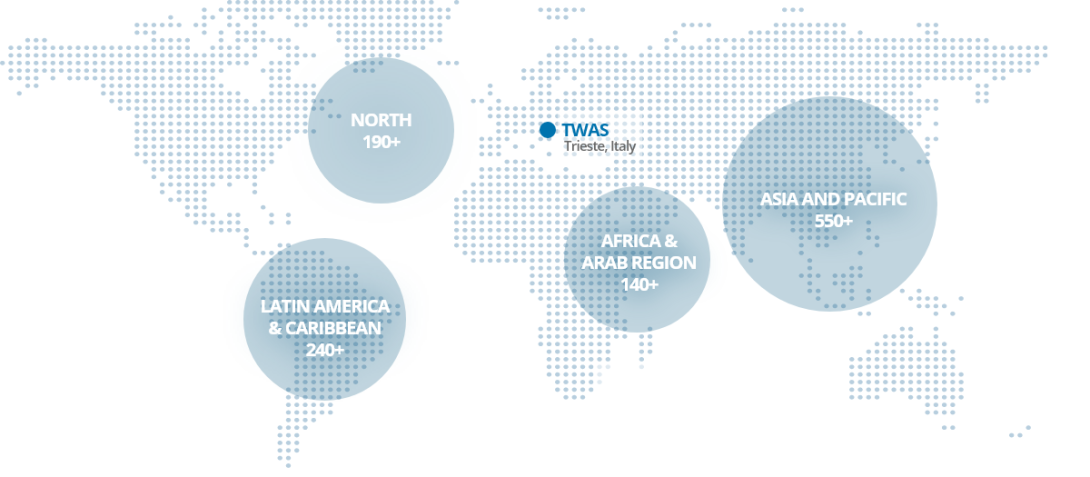

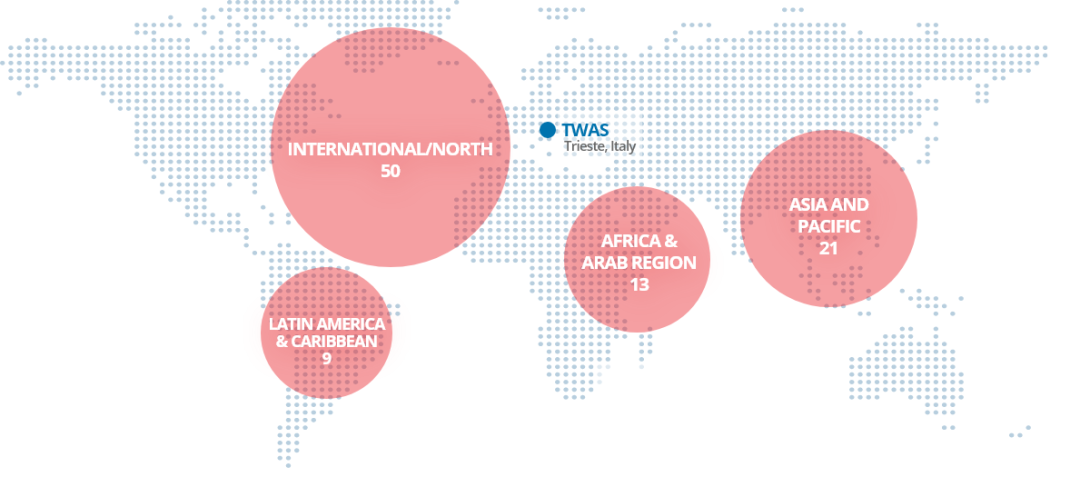
TWAS collaborates with a network of partners committed to advancing science in the developing world
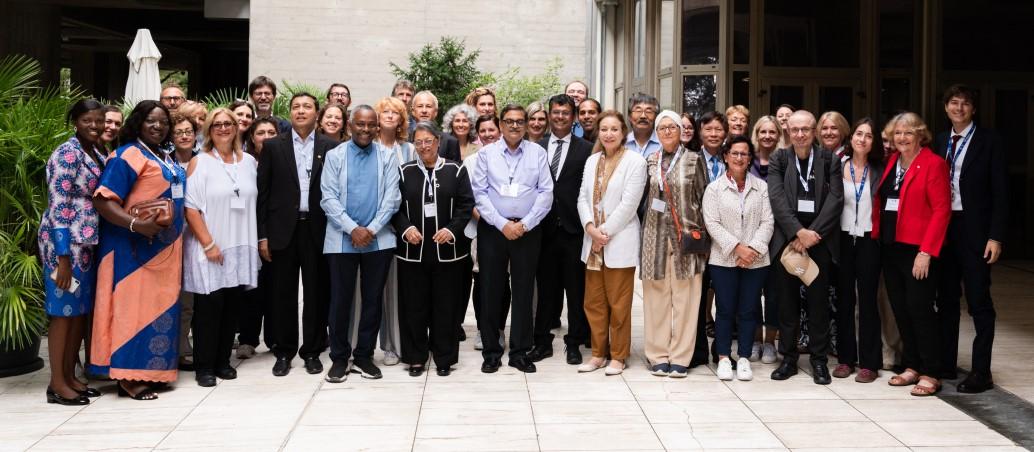
TWAS works in close association with four international science organizations based in Trieste, Italy
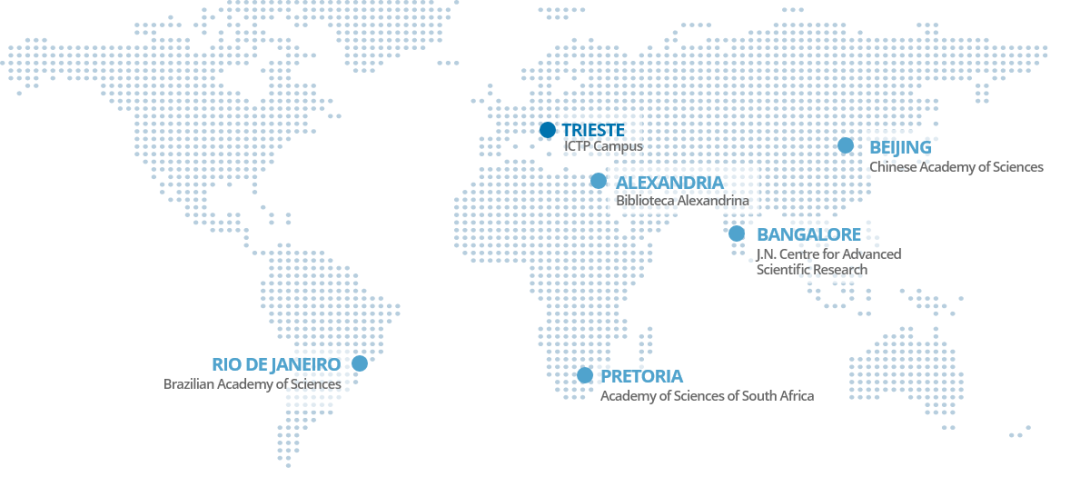
Five Regional Partners keep TWAS close to grassroots science in the developing world
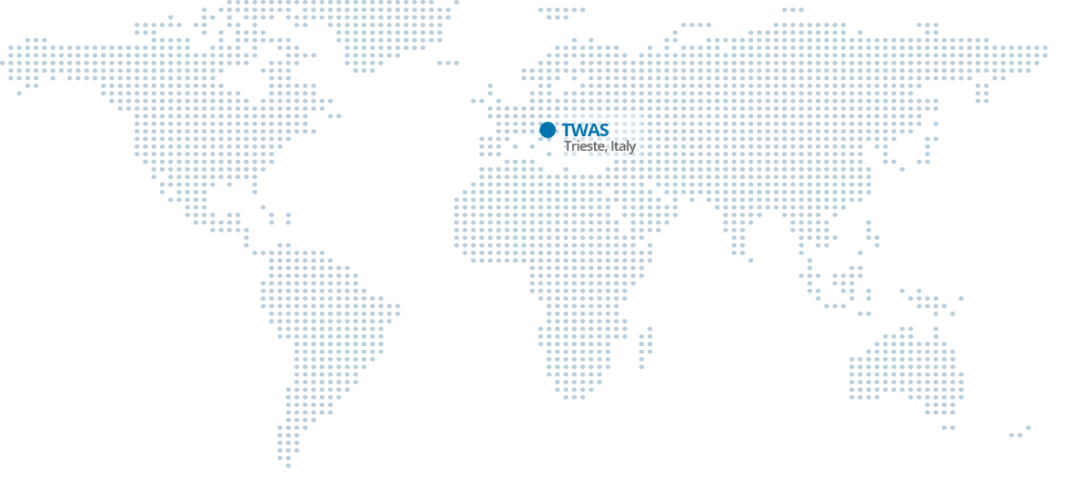
TWAS is the hub for a global network of scientists and organizations working to advance science in the developing world

![Materials scientist Domingos Lusitâneo Pier Macuvele of Mozambique, third from left, studied in Brazil under a TWAS-CNPq fellowship. [Photo provided]](/sites/default/files/styles/wide/public/media/carousel-mozambique-to-brazil.jpg?itok=HTftY-IA)
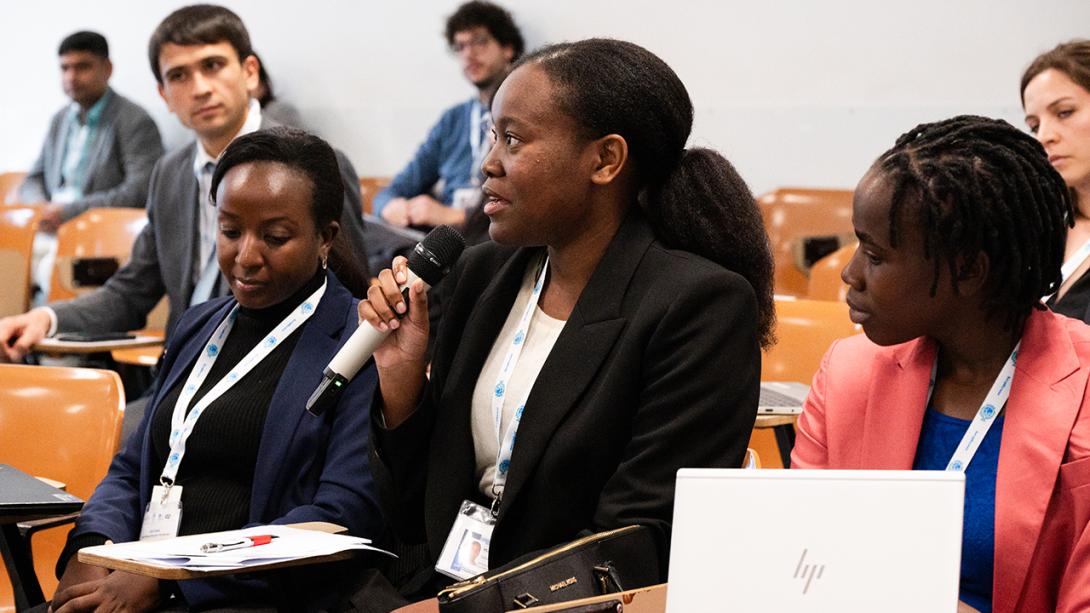
![TWAS-Sida Research Grant awardee and pediatric medicine researcher Maria Victoria Preciado, bottom left, with her research group in Argentina. [Photo provided]](/sites/default/files/styles/wide/public/media/grants-guide-carousel.jpg?itok=2krZoTkM)
